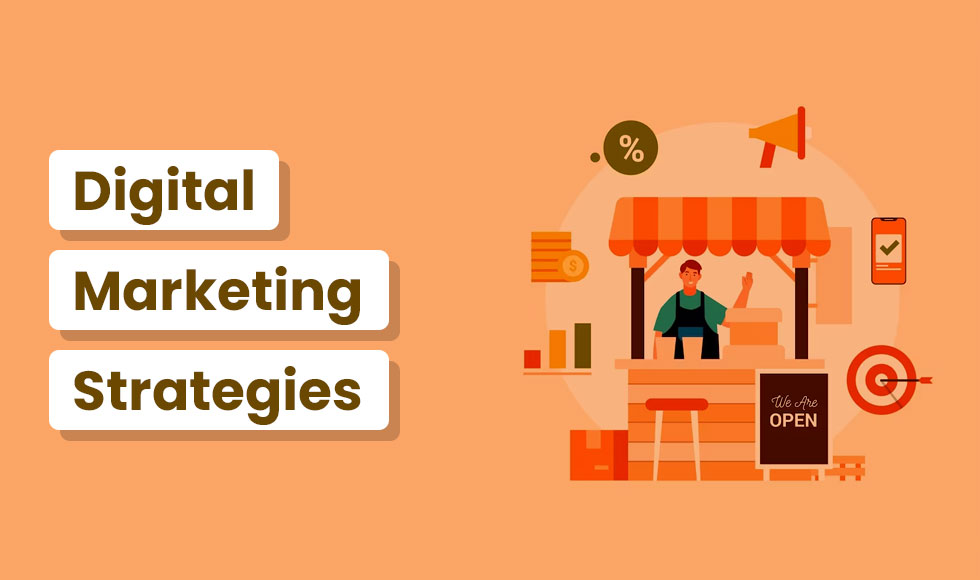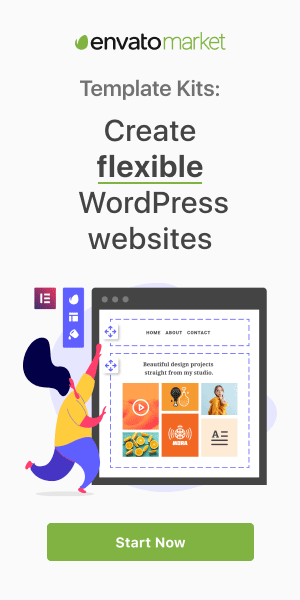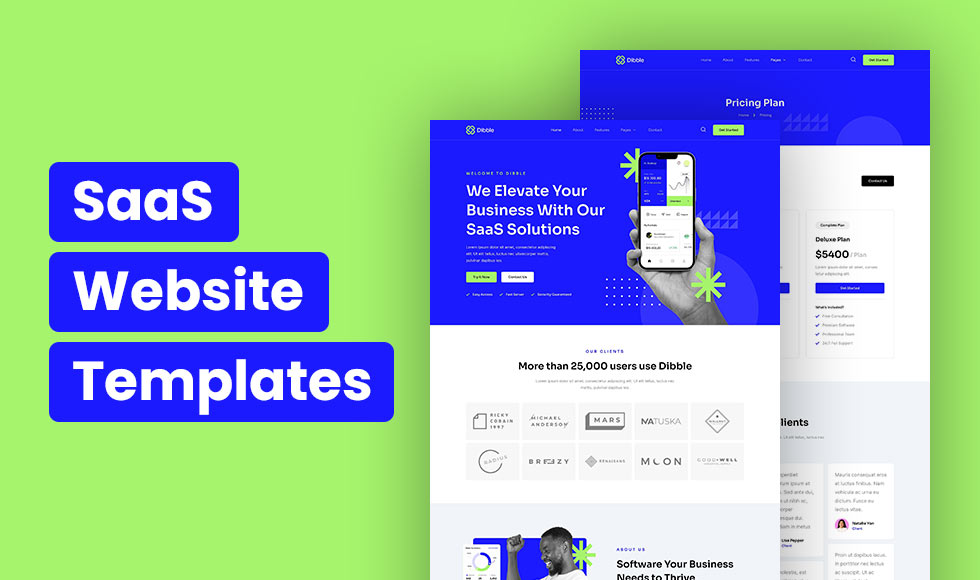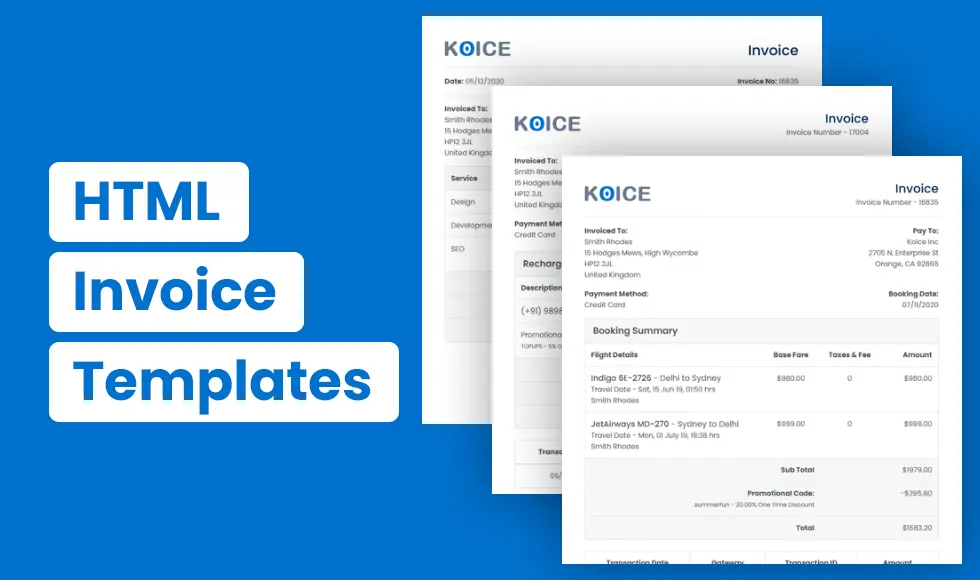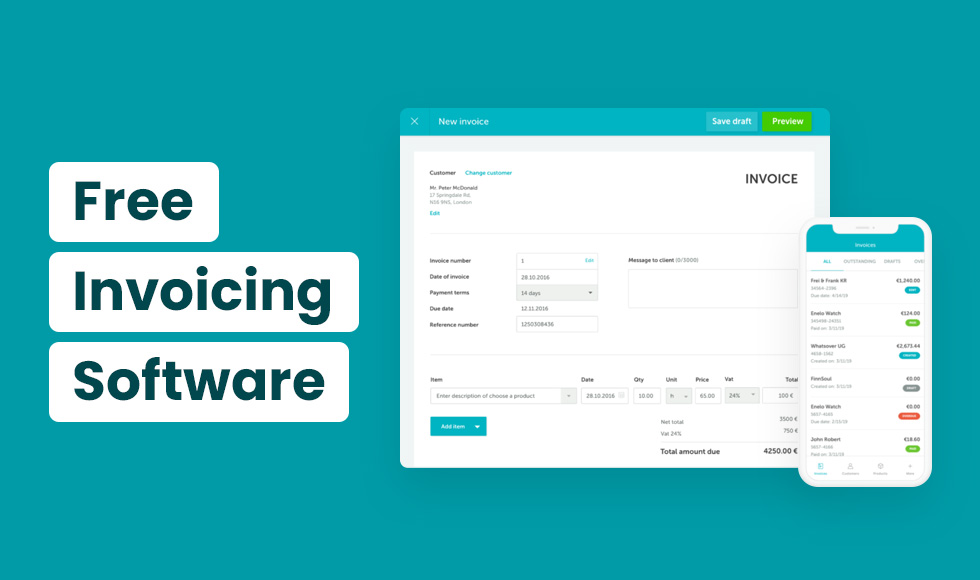The dawn of the internet in the late 20th century laid the foundation for what would become an unprecedented revolution in the world of marketing. Fast forward to today, and the digital landscape has transformed in ways that were once unimaginable.
The rise of the internet in the late 20th century transformed marketing from traditional mediums to digital platforms. Early on, it involved basic websites and emails, but with technological advancement came strategies like SEO, PPC, and the emergence of social media. Mobile technology and innovations such as AI and AR further shaped digital marketing. For small businesses, digital marketing is crucial, offering affordability, global reach, and valuable insights through analytics. In today’s digital era, not having an online presence translates to missed opportunities, making digital marketing essential, not optional.
In an era where digital marketing has transcended from being a mere strategy to an imperative, Lucrative Studio as an agency stands as a partner committed to driving businesses toward success in the digital age. With their unparalleled services and expertise, they enable businesses to not only adapt but also excel in the ever-evolving digital realm.
Spotlight on Current Digital Marketing Trends
In the ever-evolving digital realm, staying updated is more than a recommendation—it’s a necessity. Businesses that adapt quickly to the latest trends often find themselves at a competitive advantage.
Overview of the Latest Trends
- Video Marketing: With platforms like TikTok and YouTube booming, video content is a dominant force. Short-form videos, webinars, and live streams are capturing audiences’ attention like never before.
- Voice Search & Smart Speakers: As devices like Amazon’s Alexa and Google Home become household staples, optimizing for voice search is crucial.
- Chatbots & AI: Providing instant responses and 24/7 support, chatbots powered by artificial intelligence are enhancing user experiences on websites and apps.
- Augmented Reality (AR) and Virtual Reality (VR): Brands are leveraging AR/VR for immersive shopping experiences, virtual try-ons, and interactive advertising.
- Personalization: Today’s consumers expect tailored experiences. This means personalized content, product recommendations, and targeted advertising.
Digital marketing is not static. What’s popular today might become obsolete tomorrow. Hence, businesses must cultivate a culture of continuous learning. Regularly attending webinars, subscribing to industry newsletters, engaging in online communities or hiring a digital marketing agency can keep businesses informed and ready to pivot when necessary.
Effective Budgeting for Digital Marketing
While digital marketing is lauded for its scalability and cost-effectiveness, it’s crucial for small businesses to allocate their budgets wisely to maximize returns. In a realm filled with countless tools, platforms, and strategies, prudent financial planning can be the difference between a successful campaign and wasted resources.
Addressing Financial Challenges Faced by Small Businesses
For many small businesses, budgetary constraints are a daily reality. Investing in digital marketing can feel daunting when funds are limited. However, the beauty of the digital sphere is its adaptability:
- Scalable Advertising: Platforms like Facebook and Google Ads allow businesses to set strict spending limits, ensuring they never exceed their budget. They can start small, assess results, and adjust accordingly.
- Free Tools & Resources: Numerous free tools, from Google Analytics for tracking website performance to Canva for graphic design, can significantly reduce costs.
- Organic Strategies: While paid advertising can expedite results, organic strategies like SEO, content marketing, and organic social media engagement can yield substantial results over time without hefty investments.
Strategies for Maximizing ROI on a Tight Budget
Ensuring every dollar counts is paramount for small businesses. Here are strategies to maximize digital marketing ROI:
- Set Clear Objectives
- Prioritize
- Monitor & Adjust
- Leverage User-Generated Content
- Continuous Learning
By understanding the unique financial challenges faced by small businesses and implementing strategies to maximize ROI, digital marketing can become a powerful and efficient tool, irrespective of budget size.
Choosing the Right Platforms for Your Business
In the diverse world of digital marketing, not all platforms cater to every business type. The key to success lies in identifying where your audience spends their time and tailoring your efforts to those specific platforms.
Analysis of Various Digital Platforms
- Websites & Blogs: Virtually all businesses can benefit from a well-designed, user-friendly website. It acts as your company’s online persona. Blogs, on the other hand, can position your business as an industry leader by providing valuable insights and information.
- Search Engines (SEO & PPC): If your audience uses search engines to find products or services you offer, then search engine optimization (SEO) and pay-per-click (PPC) advertising are crucial.
- Social Media: has transformed global communication and marketing but also brings challenges like privacy issues and misinformation. Its influence is profound and multifaceted.
- Email: Still one of the most effective digital marketing channels for personalized communication and driving conversions.
- E-commerce Platforms: For businesses selling products online, platforms like Shopify, WooCommerce, or Amazon might be primary channels.
- Others: Depending on the nature of your business, other platforms like Pinterest, Snapchat, or even niche forums might be relevant.
Guidance on Selecting Platforms Based on Audience and Objectives
- Nature of Your Business: A consultancy firm will likely find more success on LinkedIn, while an online apparel store might prioritize Instagram and Facebook ads.
- Objectives: If your goal is brand awareness, platforms with broader reach like Facebook might be beneficial. However, for direct sales, platforms integrated with shopping features or dedicated e-commerce platforms could be more suitable.
- Resources & Expertise: It’s better to excel on a few platforms than to spread yourself thin across many. Choose platforms that align with your business’s expertise and the resources you can dedicate.
By thoughtfully selecting and prioritizing digital platforms based on the specific needs and goals of a business, you can ensure that your marketing efforts are efficient, targeted, and effective.
The Centrality of Content
Content remains at the heart of digital marketing, serving as the primary medium through which businesses communicate with their audiences. Whether it’s informative blog posts, engaging videos, catchy social media updates, or compelling email campaigns, the quality and relevance of content dictate its impact. In today’s saturated digital space, businesses must prioritize originality, value, and authenticity in their content, ensuring it resonates with their target demographic while also adhering to platform-specific best practices. This not only builds trust and authority but also fosters meaningful connections with potential and existing customers.
SEO: Beyond the Basics
Search Engine Optimization (SEO) is more than just sprinkling keywords throughout your content. Advanced SEO techniques enable websites to rank higher, improve visibility, and ultimately, drive more organic traffic. The more aspects of SEO that businesses should be leveraging:
- User Experience (UX) and Core Web Vitals
- Search Intent
- Schema Markup
- Voice Search Optimization
- Mobile SEO
- Content Clusters and Pillar Pages
- Link-building Strategies
- Regular Audits
Incorporating these advanced SEO tactics ensures not only improved rankings but also a better experience for users, which in the long run builds trust and credibility for your brand in the digital space.
Harnessing the Power of Local Marketing
In an age where consumers often turn to the internet to find nearby businesses or services, local marketing plays an indispensable role in connecting businesses with their immediate communities. It’s no longer just about having a broad online presence but about being visible and relevant to consumers right in your vicinity.
The Pivotal Role of Local Visibility:
- Localized Search Intent: When someone searches for “best coffee shops near me” or “dentists nearby“, they’re not just looking for any business—they’re looking for local solutions. Tapping into this localized intent means serving potential customers in real-time based on their immediate needs and location.
- Trust & Community Engagement: Local businesses often build trust faster than large, faceless corporations. Being locally visible reinforces community ties and fosters loyalty, as customers prefer to support their local businesses.
Effective Strategies for Local Prominence
Google My Business (GMB) Optimization: Claiming and optimizing your GMB listing is foundational. Ensure your business details (name, address, phone number) are accurate, add high-quality photos, gather reviews, and regularly update your listing with posts and announcements.
By harnessing local marketing’s power, businesses can establish a formidable presence right in their backyards, translating to increased foot traffic, higher sales, and a solidified standing in the community.
Bridging the Gap: Offline and Online Marketing Integration
While the digital world continues its relentless expansion, traditional offline marketing still holds significant sway in many contexts. The most effective marketing strategies often arise from seamlessly integrating these two realms, leveraging the strengths of both to create a cohesive brand experience.
Understanding the Synergy between Online and Offline Strategies:
- Consistent Branding: Whether a customer interacts with a brand online or sees a billboard advertisement on a highway, the branding elements (logos, color schemes, messaging) should be consistent, fostering instant brand recognition.
- Feedback Loops: Online campaigns can gather instant feedback which can inform offline strategies. Similarly, offline promotions can direct customers online, furthering engagement.
- Comprehensive Reach: While online marketing might appeal more to digital natives, offline strategies can target audiences less active or present online, ensuring no potential customer is overlooked.
Case Examples of Successful Integrative Initiatives:
- QR Codes in Print Media (Check Uniqode’s QR Code Generator for reference on QR Codes)
- Event Hashtags
- Geofencing
- Loyalty Programs
- IKEA’s AR Catalog
By skillfully merging online and offline marketing strategies, brands can ensure they create a comprehensive and immersive customer journey. This hybrid approach not only optimizes reach but also fosters deeper connections with audiences, regardless of where they encounter the brand.
Key Tools for Every Digital Marketer
In digital marketing, the right tools often determine campaign success. Google Analytics tracks website activity, while Moz Pro and Ahrefs shine in SEO research. Canva aids design, WordPress manages websites, and Hootsuite and Buffer optimize social media. For email campaigns, Mailchimp is top-tier. Paid advertising relies on Google Ads and Facebook Ads Manager and meta bidding strategies. Collaboration is simplified with Trello and Slack, and tools like Optimizely and Hotjar boost conversion optimization. In essence, a mix of these tools equips digital marketers for peak performance.
Final Reflections and a Look Forward
Throughout our exploration of digital marketing for small businesses, key themes emerge: understanding the audience, integrating online and offline strategies, prioritizing content, and using both free and premium tools for a cohesive marketing approach.
The future of digital marketing promises further evolution. Emerging technologies like artificial intelligence, machine learning, and augmented reality will pave the way for more tailored marketing strategies. Voice search and smart devices will reshape SEO, while the blend of virtual and real-world experiences will drive novel customer engagement methods. Importantly, as consumers become savvier, ethical practices and authenticity will become even more crucial.
For small businesses, the key is adaptability. As the digital arena transforms, so should their approaches. By staying updated, being forward-thinking, and centering customers, small businesses can not only adapt to but also excel in the ever-changing digital milieu.

